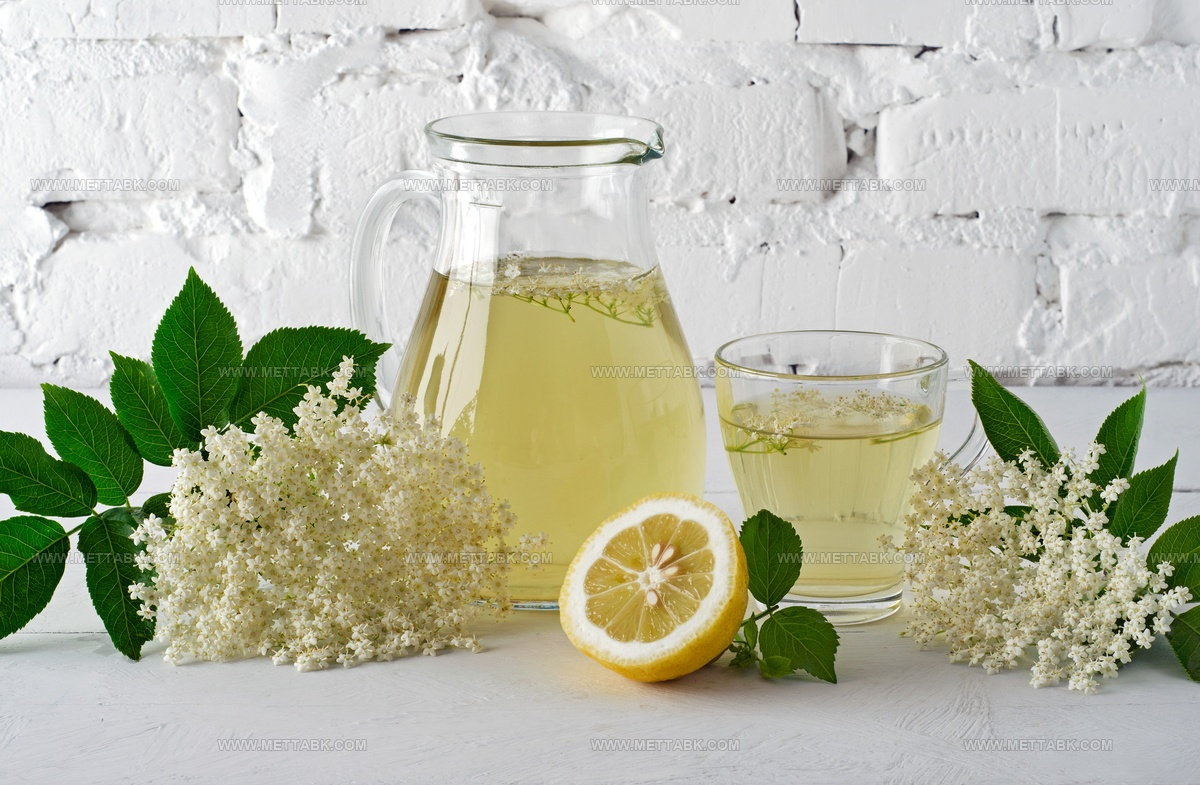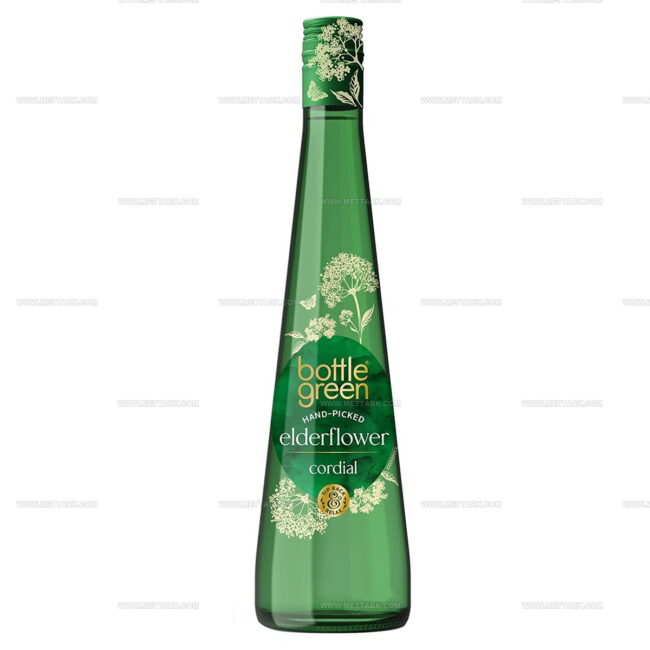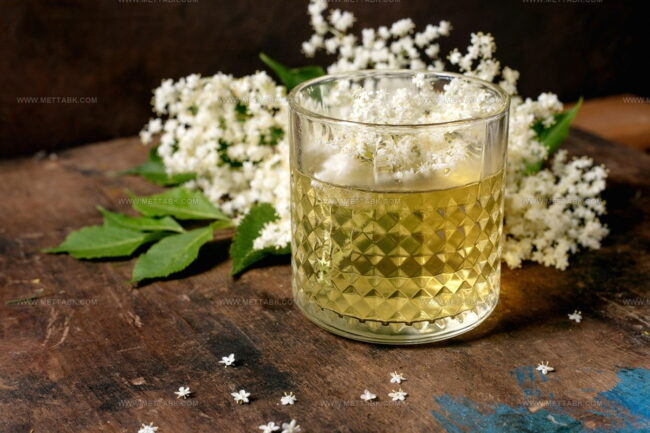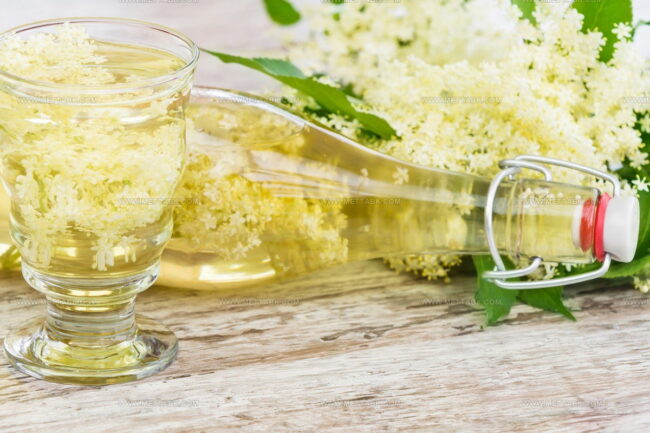3 Elderflower Liqueur Swaps for Floral Notes
Elderflower liqueur is treasured for its delicate floral sweetness in cocktails and desserts but can be rare or pricey.
Substitutes such as St-Germain, elderflower cordial, or a mix of white wine and elderflower syrup replicate the signature floral notes.
Adjusting for sweetness and alcohol content helps mimic the original’s balance.
These alternatives preserve the elegance and freshness elderflower imparts.
Whether in drinks or desserts, such swaps keep your recipes delightful and refined.
Learning to recreate elderflower liqueur’s essence expands your mixology and baking options.
Explore creative ways to substitute this enchanting ingredient.
Elegant Elderflower Liqueur Substitutes
Elderflower liqueur substitutes bring delicate floral notes to cocktails and desserts while offering different flavor twists. Several options can elevate your drinks. Discover the ones ready to impress.
Elderflower Syrup
Elderflower syrup stands out as an excellent replacement for elderflower liqueur, offering the same sweet, floral notes at a much lower cost.
Brands like Monin and Belvoir Farm create these alcohol-free syrups using fresh elderflowers, sugar, water, and lemon juice, making them perfect for cocktails, teas, sodas, and desserts.
Most bartending supply stores carry elderflower syrup, while grocery stores often stock elderflower cordial as an alternative option.
For those who want to add alcohol back into recipes, simply mixing the syrup with gin or vodka creates a similar effect to the original liqueur.
Rosewater
Rosewater offers a delightful floral essence derived from steeping rose petals in water or as a byproduct when creating rose oil for perfumes.
Throughout Asia and Europe, this fragrant liquid enhances foods with its subtle floral notes while also serving religious ceremonies and appearing in various cosmetic and medical formulations.
Many people appreciate rosewater as an excellent non-alcoholic substitute for elderflower liqueur in both cooking applications and alcohol-free cocktails.
The similar floral profile makes it perfect for recipes that call for elderflower's distinctive taste without containing any alcohol.
Homemade Elderflower Liqueur
Elderflower liqueur creation stands out as a rewarding project when these delicate blooms grow near your home or appear at specialty markets.
The recipe calls for twenty stemless elderflower heads, four cups of vodka, half a cup each of sugar and water, plus lemon zest strips from one fruit.
Simply combine the flowers and zest in a jar, pour the vodka over them, then seal tightly and store away from heat and light for up to two weeks, giving the mixture a daily shake to enhance infusion.
Is It Possible To Enhance Floral Flavors Naturally Without Elderflower Liqueur?
Yes, you can naturally boost floral flavors in your recipes without using elderflower liqueur by incorporating other floral ingredients and techniques.
Fresh or dried edible flowers like lavender, rose petals, hibiscus, or chamomile can impart delicate, fragrant notes. Using floral-infused syrups, teas, or extracts is another effective way to add complexity.
Additionally, combining citrus zest or a touch of honey can enhance the overall aroma, giving your dish a vibrant, floral character without relying on alcohol-based liqueurs.
Does Alcohol Percentage Affect The Preservation Of Floral Flavor In Elderflower Liqueur Substitutes?
The alcohol content in elderflower liqueur substitutes does influence how well the floral flavors are preserved over time. Higher alcohol percentages act as better preservatives, helping to lock in delicate floral aromas and prevent spoilage.
Lower alcohol or non-alcoholic substitutes may lose their floral intensity faster, especially if not stored properly. When selecting or making a substitute, balancing alcohol level with flavor concentration is key to maintaining the bright, fresh notes typical of elderflower liqueurs.






Nate Harper
Founder & Recipe Curator
Expertise
Single-Recipe Development, Farm-to-Table Cooking, Seasonal Menu Planning, Culinary Storytelling, Home Kitchen Innovation
Education
Cascade Culinary Institute – Central Oregon Community College
Certificate in Culinary Arts
Focus: Farm-to-table cuisine, sustainable cooking practices, and seasonal recipe creation.
Nate studied under experienced chefs who emphasized local sourcing, minimal waste, and building recipes from fresh, simple ingredients.
Nate Harper is the founder and creative force behind Make, Take, Bake. Raised in the wild beauty of Oregon’s high desert, Nate grew up surrounded by family gardens, farmers’ markets, and home kitchens that celebrated the seasons.
His early love for simple, honest food evolved into a professional passion when he attended Cascade Culinary Institute, where he sharpened his skills in creating recipes that are sustainable, satisfying, and made for everyday life.
Nate’s goal is to make cooking feel accessible, free of fuss, and full of flavor. He believes a single, thoughtfully built dish can stand alone, and sometimes even steal the show.